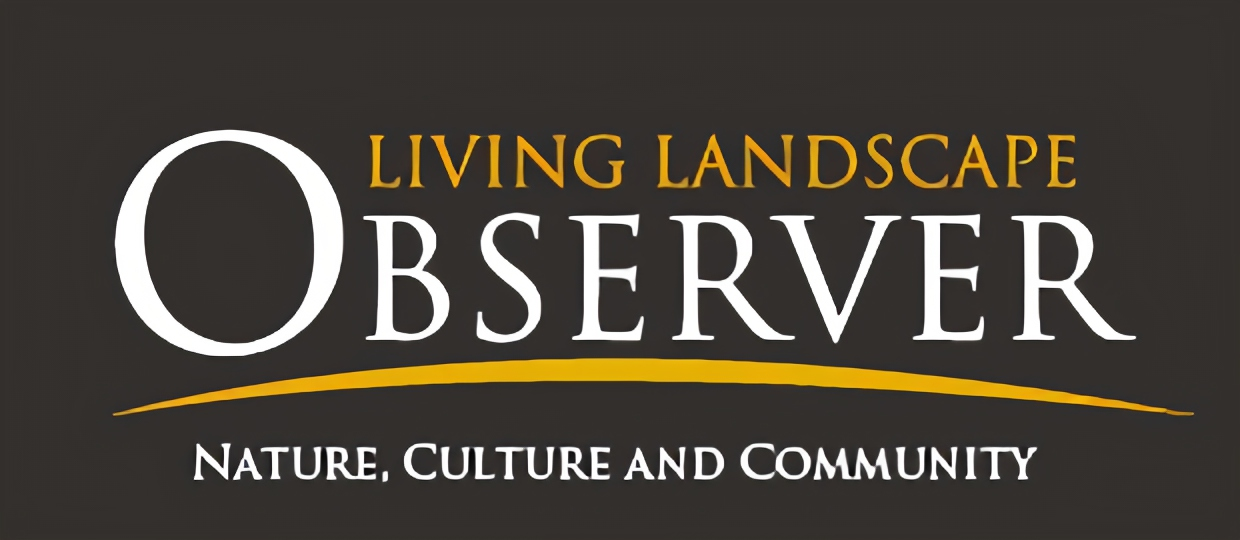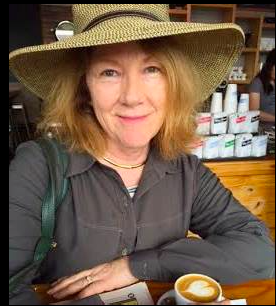To provide observations and information on the emerging fields of landscape scale conservation, heritage preservation, and sustainable community development.
Newsletter
Stay up-to-date with the latest nature, culture and community news.
We won’t spam you or share your information. Newsletters are sent approximately 10 times a year. Unsubscribe at any time.

A Nature Culture Journey at the World Conservation Congress in Hawai’i
The Hawaiian Islands were created by a chain of volcanic hot spots in the Pacific and long settled by voyageurs who travelled thousands of miles across open water. The impacts and adaptation on both the nature and culture of the islands present lessons for future of resource conservation. So it was fitting that the International Union for the Conservation of Nature (IUCN) held its first ever World Conservation Congress on the islands.
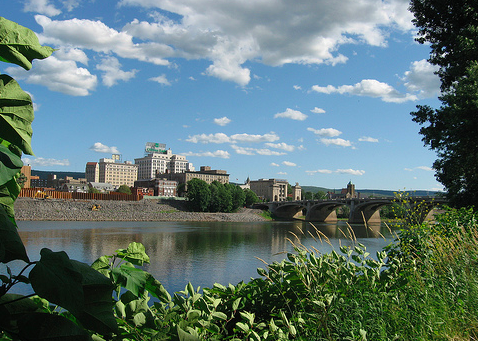
National Heritage Areas: Learning from Thirty Years of Working to Scale
In the face of challenges such as climate change and urban sprawl not to mention shrinking budgets and at-times hostile lawmakers, how can those interested
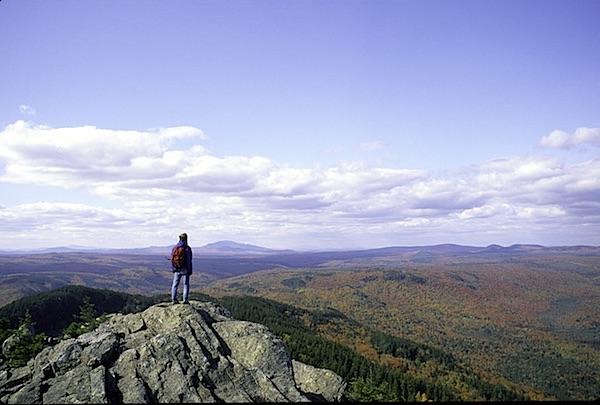
Landscape Conservation: The Next Four Years
How will the next election impact the idea of large landscape conservation? This topic is not the stuff of campaign speeches or sadly even photo ops.

Rappahannock Retracing their Past.
By Joe McCauley In 1940, Thomas Wolfe wrote You Can’t Go Home Again, a novel about finding one’s identity in the modern world. In popular
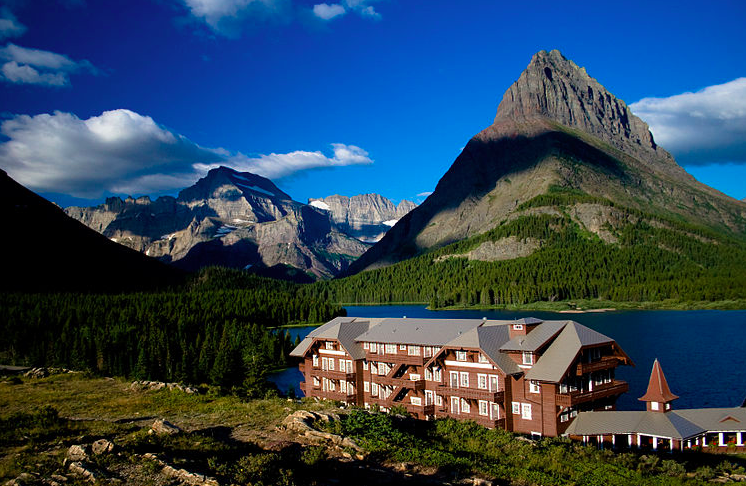
Corporate Role in Parks Recalls Earlier Era, Presents New Challenges
This summer saw a flurry of critical articles centered on a proposed change in how the National Park Service solicits and recognizes private donations, including from corporate entities. But is the link between conservation and corporations actually new? And what does it reveal about deeper connections between economic change in the United States and the manner in which the country manages its public lands and historic sites?

A Nature Culture Journey at the World Conservation Congress in Hawai’i
The Hawaiian Islands were created by a chain of volcanic hot spots in the Pacific and long settled by voyageurs who travelled thousands of miles across open water. The impacts and adaptation on both the nature and culture of the islands present lessons for future of resource conservation. So it was fitting that the International Union for the Conservation of Nature (IUCN) held its first ever World Conservation Congress on the islands.

National Heritage Areas: Learning from Thirty Years of Working to Scale
In the face of challenges such as climate change and urban sprawl not to mention shrinking budgets and at-times hostile lawmakers, how can those interested

Landscape Conservation: The Next Four Years
How will the next election impact the idea of large landscape conservation? This topic is not the stuff of campaign speeches or sadly even photo ops.

Rappahannock Retracing their Past.
By Joe McCauley In 1940, Thomas Wolfe wrote You Can’t Go Home Again, a novel about finding one’s identity in the modern world. In popular

Corporate Role in Parks Recalls Earlier Era, Presents New Challenges
This summer saw a flurry of critical articles centered on a proposed change in how the National Park Service solicits and recognizes private donations, including from corporate entities. But is the link between conservation and corporations actually new? And what does it reveal about deeper connections between economic change in the United States and the manner in which the country manages its public lands and historic sites?
